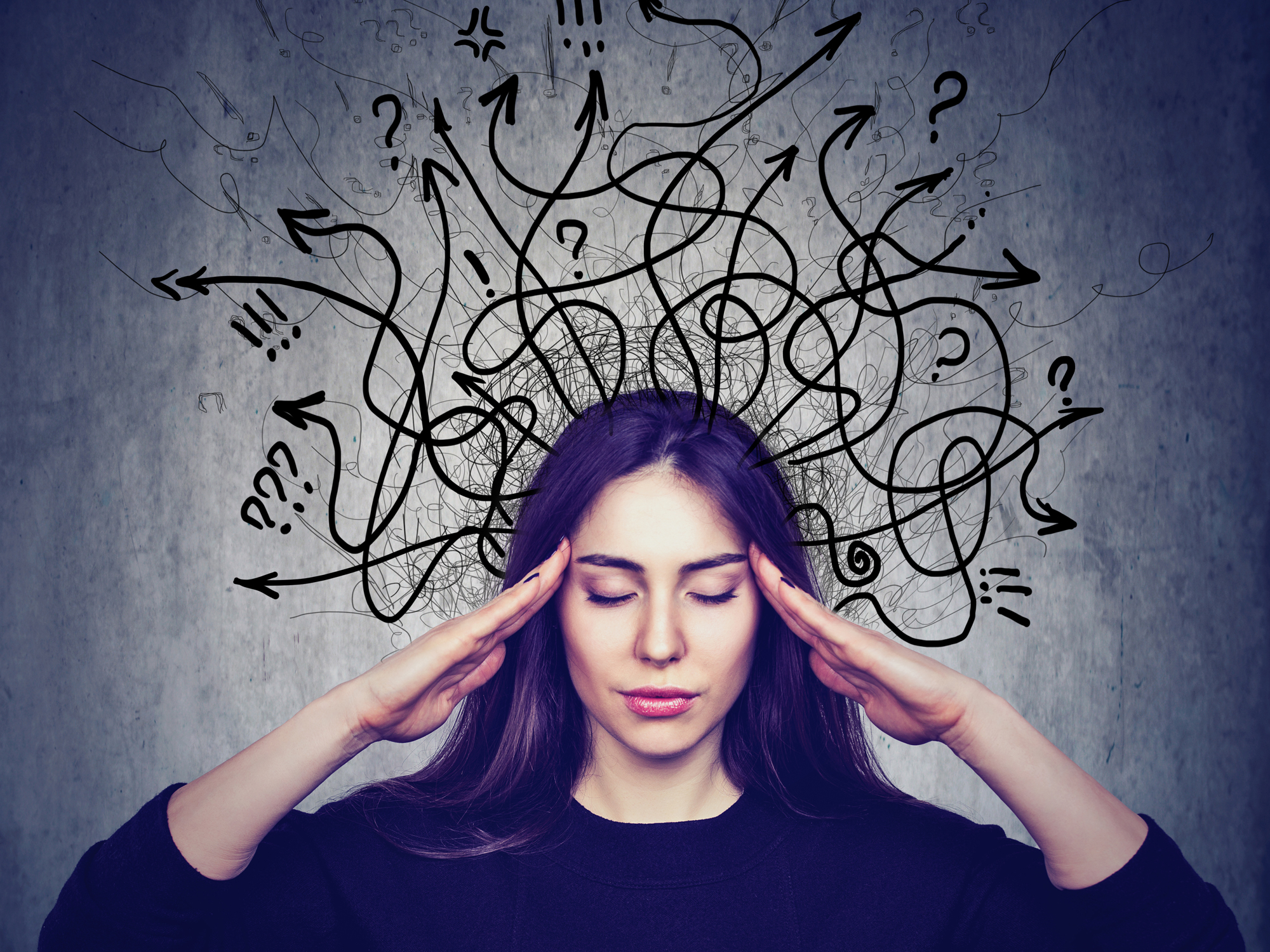Get Easy Health Digest™ in your inbox and don’t miss a thing when you subscribe today. Plus, get the free bonus report, Mother Nature’s Tips, Tricks and Remedies for Cholesterol, Blood Pressure & Blood Sugar as my way of saying welcome to the community!
Simple ‘reset’ to overcome adult ADHD

Over 9.8 million U.S. adults live with ADHD, suffering from an inability to concentrate to complete daily tasks, problems handling bills and their jobs, marital troubles and even more frequent car accidents.
Yet, many of these people suffer in silence never knowing that they are battling what many consider a childhood disability.
If you’re one of them, you know firsthand the damage ADHD can do to your life.
You may have even spoken with your doctor but it can be hard to diagnose because some possible symptoms — like poor concentration or motivation, or relationship problems — can also be signs of other conditions, including depression and even substance abuse.
However, there is hope.
New research is shedding light on the connection between sleep and ADHD in both adults and children that could hold the secret to overcoming your symptoms and reclaiming your life.
Sleep debt and lack of concentration
You know what it’s like when you haven’t slept well but still have to complete your normal daily tasks?
That feeling that you just can’t think and your brain is in a fog?
Well, it turns out that it could actually be the mechanism behind ADHD as well.
As reported by the European College of Neuropsychopharmacology, researchers are proposing a new theory that much of ADHD may in fact be a problem associated with lack of regular circadian sleep. According to the scientists, this is because the day and night rhythm and other sleep processes, like body temperature, movement and more is disturbed in ADHD patients.
In fact, around 75 percent of children and adults with Attention Deficit Hyperactivity Disorder (ADHD) also have sleep problems, but until now these have been thought to be separate issues.
But, according to Professor Sandra Kooij, Associate Professor of Psychiatry at VU University Medical Centre, Amsterdam and founder and chair of the European Network Adult ADHD, “If you review the evidence, it looks more and more like ADHD and sleeplessness are two sides of the same physiological and mental coin.”
The scientists found that:
- In 75 percent of ADHD patients, the physiological sleep is delayed by 1.5 hours.
- Core body temperature changes associated with sleep are also delayed.
- Many sleep-related disorders are associated with ADHD, including restless-leg syndrome and sleep apnea.
- Those suffering from ADHD are often more alert in the evening — the opposite of non-ADHD patients.
- 70 percent of adult ADHD patients suffer from oversensitivity to light, leading many to wear sunglasses for long periods during the day — which may worsen sleep problems.
Better sleep — better concentration
So, if you’re sleep problems could be worsening or even causing your ADHD symptoms, how can you overcome them, improve your sleep and your concentration?
The answer is easy.
Many ADHD sufferers benefit from taking melatonin in the evening or using bright light therapy in the morning, to help reset their circadian rhythm to promote better sleep. Try each to see which works best for you.
Melatonin is widely available in natural health stores and online.
You can choose a dose anywhere from 1 mg to 10 mg at least 30 minutes before bedtime. It’s best to start with a low dose and move up if you need to.
To do bright light therapy, you’ll need to buy a light box. They can be found online, like on Amazon and are often advertised for treating Seasonal Affective Disorder — the winter blues.
Here are a few things to remember.
- Your light box should be 10,000 lux and should provide the full spectrum of bright white light while blocking 99 percent or U.V. rays.
- To use it, set the box at your eye level or higher, about two feet away from your face. It should be positioned at a 45° angle to your left or right, not directly in front of your eyes.
- Use it for 20 to 60 minutes every morning while eating breakfast, getting ready for the day or working on the computer to pass the time.
Just remember to not use light therapy if you’re taking medications that are photosensitive, like antibiotics or lithium. You should also not do bright light therapy while taking melatonin. So remember to choose either melatonin or bright light therapy to improve your sleep but not both.
The adult ADHD symptoms you’ve been suffering from like lack of concentration, difficulty starting tasks and poor listening skills could all come back to your body’s need for sleep to function optimally. Use the tips above to improve your circadian rhythm, reset your sleep and overcome your ADHD.
Sources:
- ADHD by the Numbers: Facts, Statistics, and You — Healthline
- 10 Problems That Could Mean Adult ADHD — WebMD
- Is ADHD really a sleep problem? — European College of Neuropsychopharmacology












